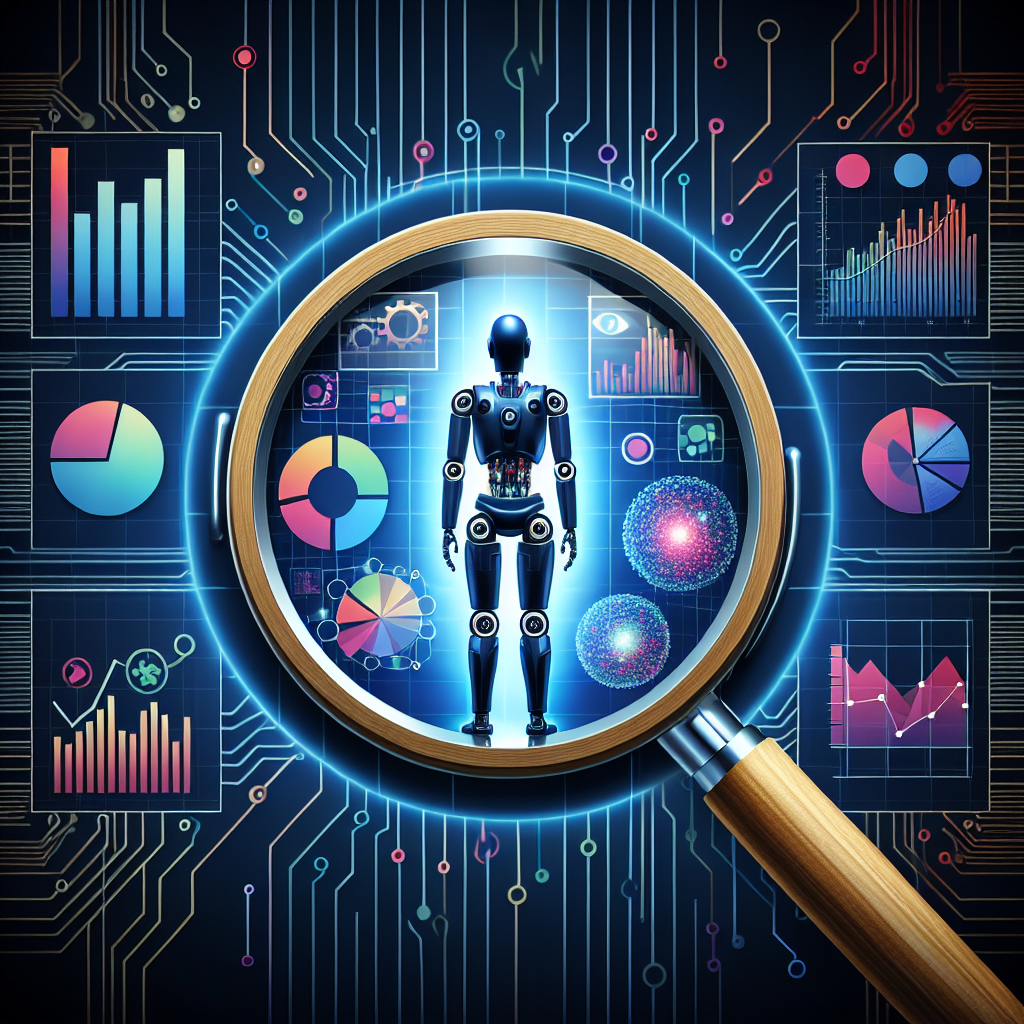In today’s digital age, data-driven marketing strategies have become increasingly important for businesses looking to reach their target audience effectively. With the rise of artificial intelligence (AI), marketers have a powerful tool at their disposal to analyze data, predict consumer behavior, and tailor their marketing campaigns to individual preferences. In this article, we will explore the role of AI in data-driven marketing strategies and how businesses can leverage this technology to drive success in their marketing efforts.
AI in Data-Driven Marketing Strategies
AI refers to the simulation of human intelligence processes by machines, particularly computer systems. AI technologies, such as machine learning and natural language processing, are used to analyze vast amounts of data quickly and efficiently. In the context of data-driven marketing, AI can help businesses make sense of the large volumes of data generated by consumers’ online interactions, such as website visits, social media engagement, and email interactions.
One of the key benefits of AI in data-driven marketing strategies is its ability to provide real-time insights into consumer behavior. By analyzing data in real-time, marketers can identify patterns and trends that may not be immediately apparent through traditional methods. For example, AI can help businesses understand which types of content resonate most with their target audience, which marketing channels are most effective, and which products or services are likely to be most popular.
AI can also help businesses personalize their marketing campaigns to individual consumers. By analyzing data on consumer preferences, behaviors, and demographics, AI can help businesses create targeted and personalized marketing messages that are more likely to resonate with their audience. This level of personalization can lead to higher engagement rates, increased brand loyalty, and ultimately, higher sales.
Furthermore, AI can help businesses optimize their marketing campaigns for maximum effectiveness. By analyzing data on campaign performance, AI can identify areas for improvement and suggest ways to optimize marketing strategies for better results. For example, AI can help businesses determine the best times to send marketing emails, the most effective messaging strategies, and the most profitable customer segments to target.
Overall, AI has the potential to revolutionize data-driven marketing strategies by providing businesses with valuable insights, personalized marketing campaigns, and optimized marketing strategies. By leveraging AI technologies, businesses can gain a competitive edge in today’s crowded digital marketplace and drive success in their marketing efforts.
FAQs
Q: How can businesses get started with AI in data-driven marketing strategies?
A: Businesses can get started with AI in data-driven marketing strategies by first identifying their marketing goals and objectives. They should then evaluate their current data sources and determine which AI technologies are best suited to their needs. Businesses can start small by implementing AI tools for specific marketing tasks, such as content personalization or campaign optimization, before scaling up to more advanced AI solutions.
Q: What are some common AI technologies used in data-driven marketing?
A: Some common AI technologies used in data-driven marketing include machine learning, natural language processing, and predictive analytics. Machine learning algorithms can analyze large amounts of data to identify patterns and trends, while natural language processing can help businesses understand and analyze text data, such as social media posts or customer reviews. Predictive analytics can help businesses forecast future trends and behaviors based on historical data.
Q: How can AI help businesses personalize their marketing campaigns?
A: AI can help businesses personalize their marketing campaigns by analyzing data on consumer preferences, behaviors, and demographics. By understanding individual consumer profiles, businesses can create targeted and personalized marketing messages that are more likely to resonate with their audience. AI can also help businesses segment their target audience into specific groups based on their preferences, allowing for more personalized marketing campaigns.
Q: What are some challenges businesses may face when implementing AI in data-driven marketing strategies?
A: Some challenges businesses may face when implementing AI in data-driven marketing strategies include data privacy concerns, lack of internal expertise, and resistance to change. Businesses must ensure that they have the necessary safeguards in place to protect consumer data and comply with data privacy regulations. Additionally, businesses may need to invest in training and upskilling their employees to work with AI technologies effectively. Finally, businesses may encounter resistance from employees or stakeholders who are hesitant to adopt new technologies or change existing processes.
In conclusion, AI has the potential to transform data-driven marketing strategies by providing businesses with valuable insights, personalized marketing campaigns, and optimized marketing strategies. By leveraging AI technologies, businesses can gain a competitive edge in today’s digital marketplace and drive success in their marketing efforts. By understanding the role of AI in data-driven marketing strategies and addressing common FAQs, businesses can effectively implement AI technologies to enhance their marketing efforts and achieve their marketing goals.

